The UTQAP Design Research Teams reflect on their journey through these projects and the importance of collaboration and empathy in the design research process uncovering the value of human connection in both data collection and data analysis.
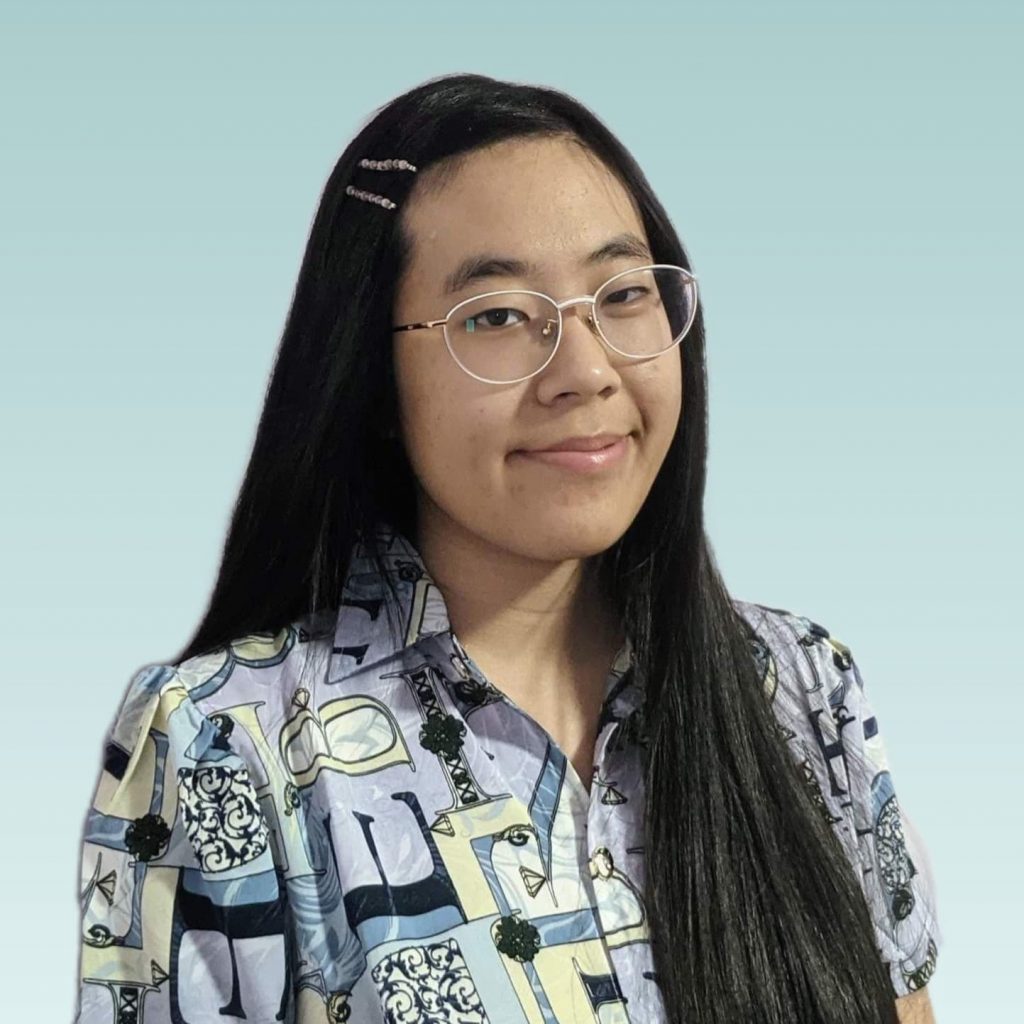
Tiffany 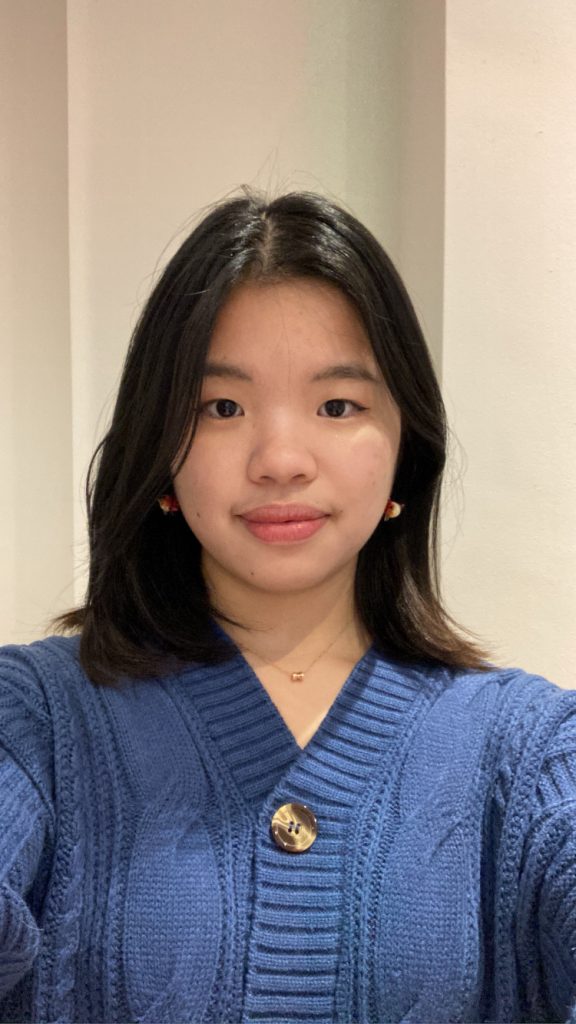
Yannie 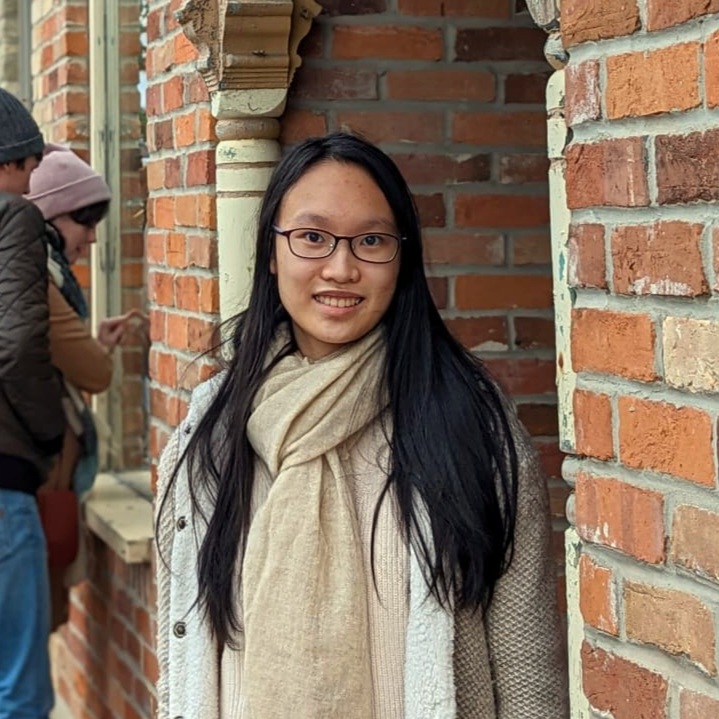
Katrina 
Maxine
Written by Tiffany Cao, Research Lead and Program Coordinator for UTQAP Projects, HBSc. Environmental Science and Human Geography; Maxine Ramos, Design Researcher, Bachelor of Information; Yannie Mork, Design Researcher, HBA Sociology, Ethics, Society & Law; Katrina Soong, Design Researcher, HBA English, History, Philosophy
U of T Faculty of Arts & Science Quality Assurance Process 2022-23
Since 2021, the Innovation Hub has supported the Faculty of Arts & Science in the reviews of their academic programs based on the University of Toronto Quality Assurance Process (UTQAP) criteria. The UTQAP reviews occur approximately every 7-8 years for all departments and programs in the Faculty of Arts & Science. As part of our collaboration with the Faculty of Arts & Science we provide our services by supporting the student consultation portion of the review. For the Fall-Winter 2022-23 term, we collaborated with 7 units:
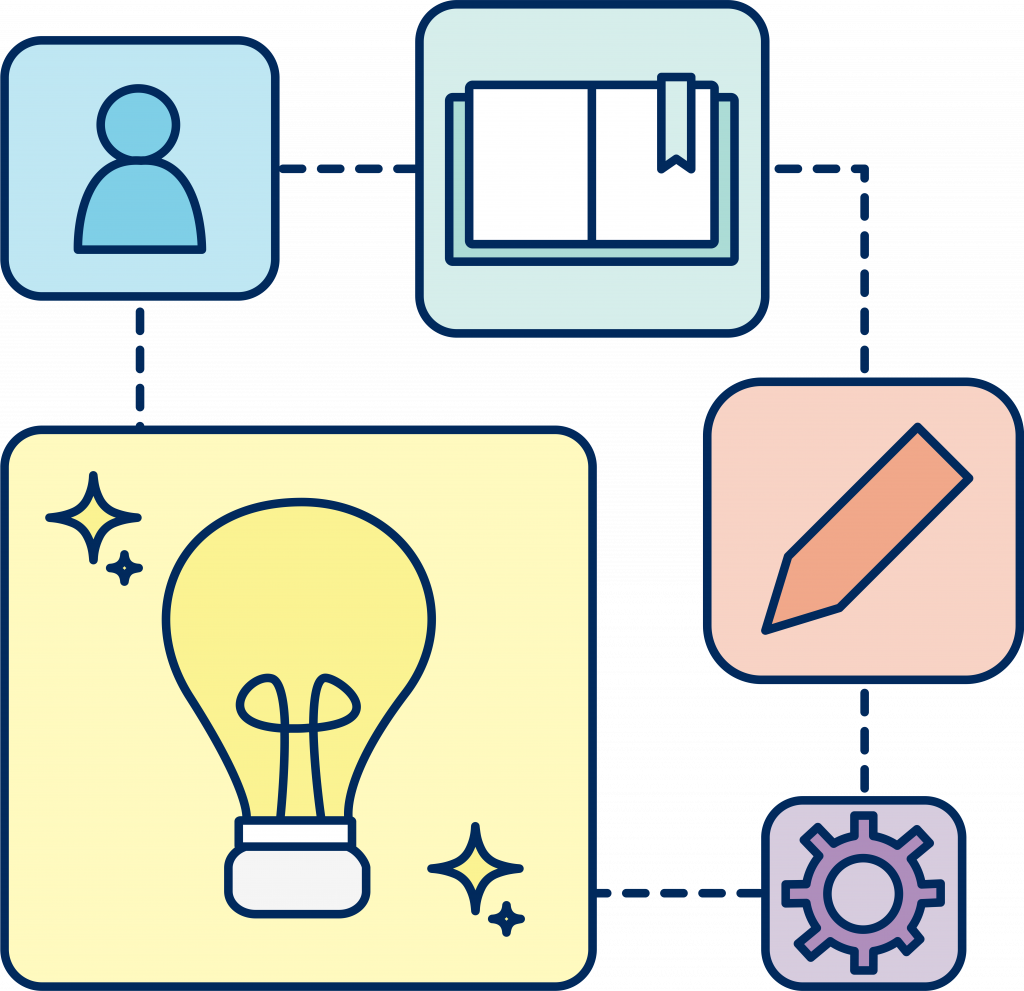
- Department of Art History
- Department of Cell Systems Biology
- Department of East Asian Studies
- Department of History
- Department of Political Science
- Ethics, Society & Law Program
- International Relations Program
Through student consultations, our teams worked with specific departments and programs to learn more about the student experiences in 4 key areas: Academics; Support; Community; Extracurricular Activities. Our goal was to help units ensure that their students receive the best learning experiences.
This year, we conducted interviews, facilitated feedback sessions, and released a survey to gather student feedback. Through the research process, we learned about the importance of taking an empathetic peer-to-peer approach to student centered-research which helped us become stronger researchers.
Collaboration in Human-Centered Research
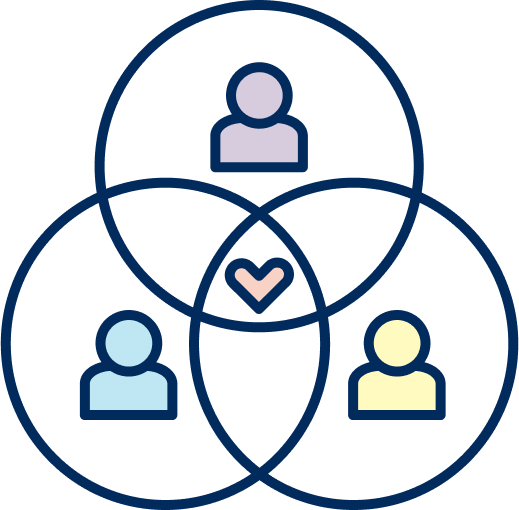
We had 7 Design Researcher teams working on various UTQAP projects. Though we were on separate teams, some of our most memorable and impactful moments of the research experiences were when we could collaborate between research groups to learn from one another.
Maxine: Peer-to-peer feedback is such a valuable tool because it offers different perspectives that extend beyond your own. By being a part of the UTQAP team, consisting of multiple groups, peer-to-peer feedback was facilitated not only among the members within my research area but also with those from different groups outside of my specific area of research.
One of our favourite memories working with other Design Researcher teams occurred before our data collection period when we practiced conducting feedback sessions to improve our facilitation skills. We really valued being able to observe our peers and pick up on effective facilitation styles and techniques. We felt inspired by one another to challenge ourselves and constantly evolve our facilitation process to be more empathetic and impactful.
Peer-to-Peer Approach to Design Thinking
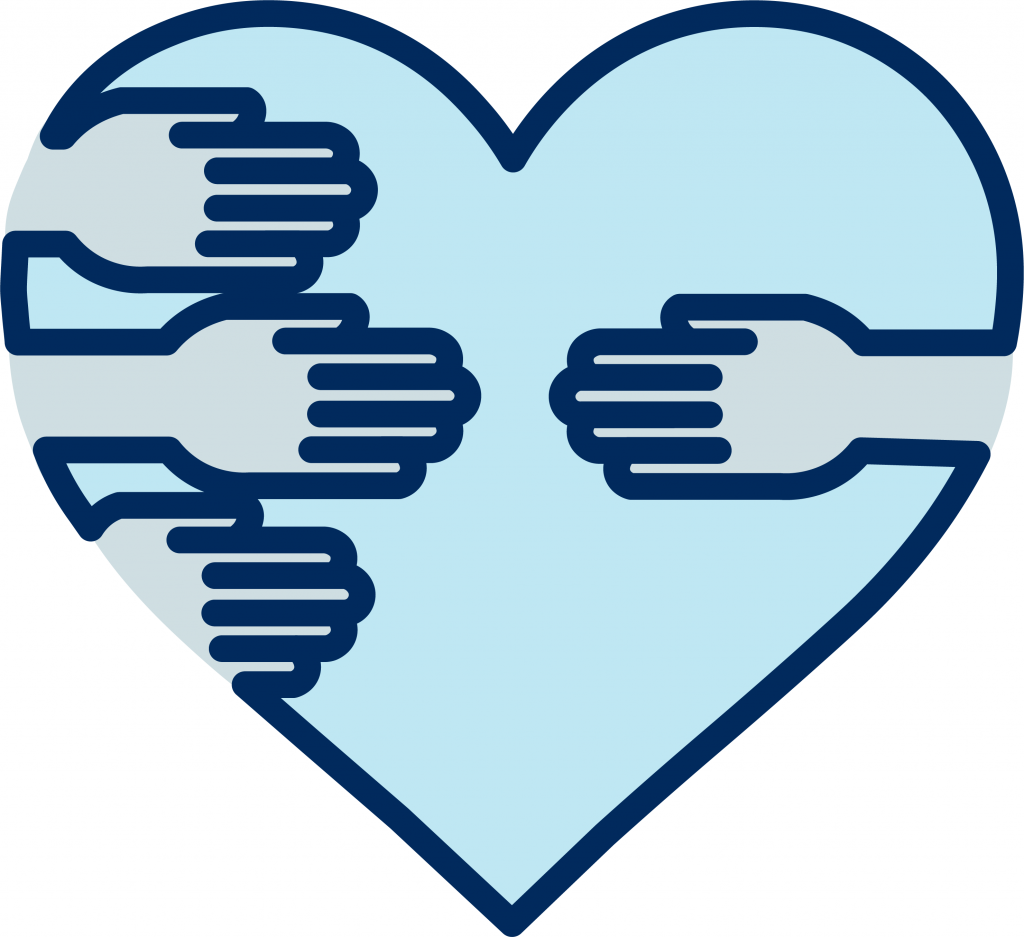
While working on these projects, we felt a sense of fulfilment in creating opportunities for students to connect with one another and share their stories.
Maxine: What resonated with me the most about this project was the realization that although every student has a unique life story, there are common experiences and challenges that bring us together.
Katrina: I really enjoyed learning and hearing other people’s stories and connecting with them during the interviews, I felt quite accomplished to be able to provide my peers with a safe space to share their thoughts.
Yannie: It is interesting to talk to the students directly [during the interview stage] and learn what they think about the program. I was always excited to see where the discussion will go and what new points will be brought up.
Most of us are students ourselves and we always strived to walk into each feedback sessions and interviews with an open mind. We were curious as to what new stories and experiences would be told and what we could learn from them. We found that we were able to learn and relate to some of the students’ experiences while also being surprised and shocked by the vulnerability that some students showed. We were grateful and proud that we created an environment for other students to share their important experiences.
Empathize to Create Impactful Insights
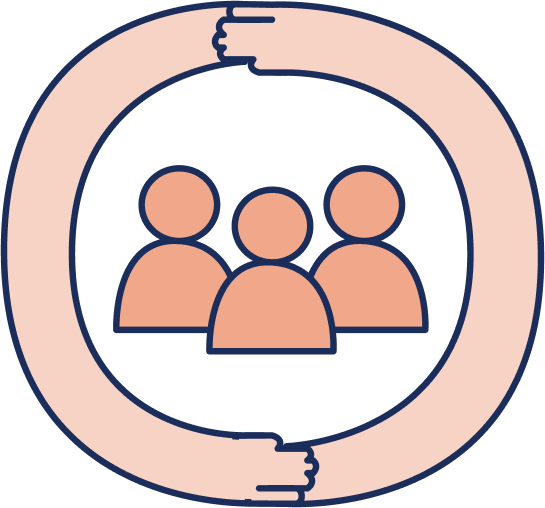
Throughout the data analysis process, we aimed to translate student data into impactful insights. We found that it was important to consider more than what was being said on the surface and dive deeper into the data to pull out the ‘human aspects’ of the feedback. We wanted our insights to resonate with our stakeholders and encourage a critical and open dialogue to support and enhance student learning.
Katrina: Insight writing, though it was a bit difficult to grasp at first, it was still enjoyable. It felt nice to be able to turn students’ insights into stories: not only providing the feedback needed but also giving human faces and sentiments to them.
Maxine: I found myself becoming invested in analyzing the data for patterns and themes in relation to the needs and pain points of students. It is definitely fulfilling to invest time in understanding students’ stories and reading between the lines when working towards enhancing their overall experiences.
While writing insights, we were hit with a determination to honour student stories. At times we found it difficult to unpack the depth and complexity of the experiences shared but we discovered that through discussion and extending our empathy we could look pass just the words that were being spoken and get to the root of what students needed and valued.
Continuing Partnership
Through our work, we learned about the value of connecting, listening and learning from others and found that it is important to be able to take a step back and consider the diverse backgrounds, ideas, and experiences of others to become strong researchers. As we continue our partnership with the Faculty of Arts & Science Quality Assurance Process, we look forward to seeing the impact our work has on departments review their academic programs for the future.
0 comments on “Project Reflections: Faculty of Arts & Science University of Toronto Quality Assurance Process Student Consultations 2022-23”